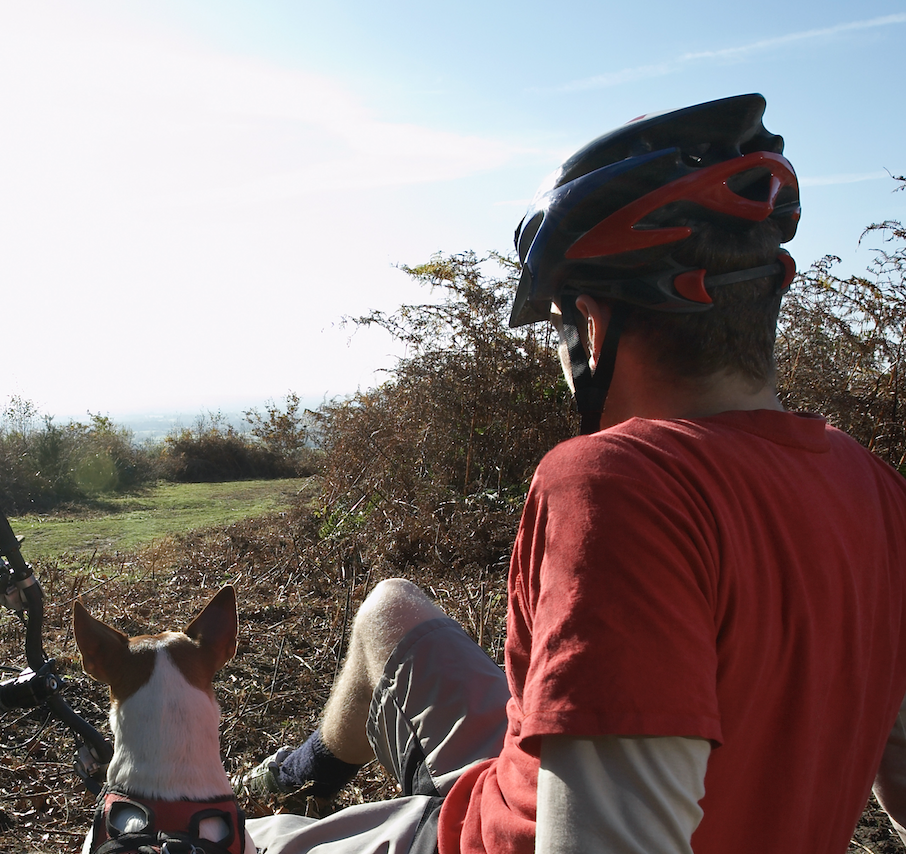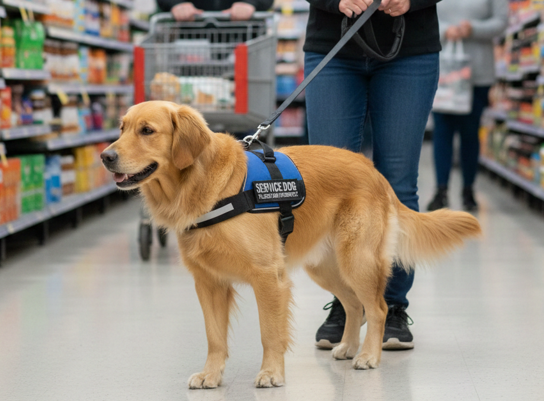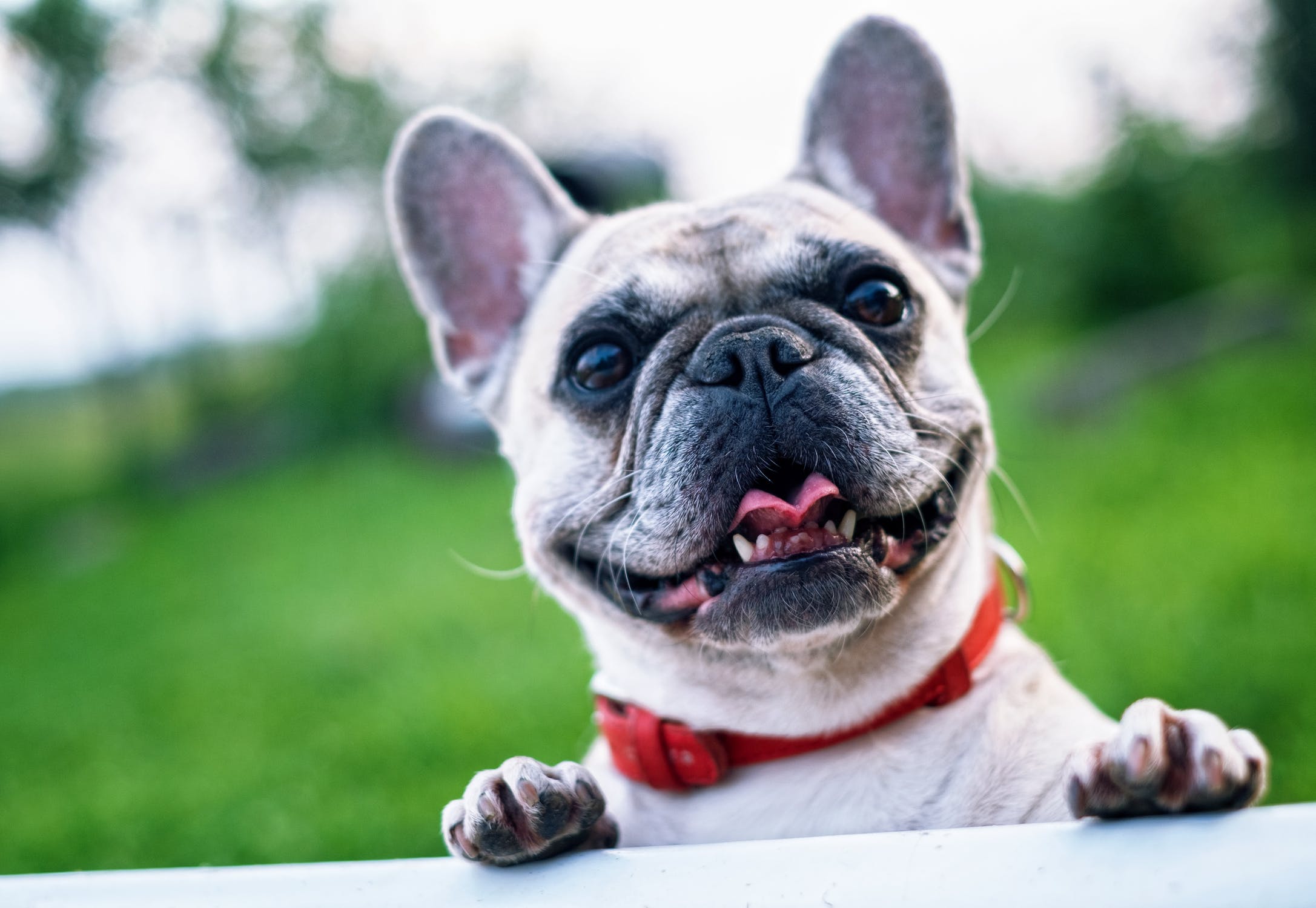
As loving dog owners, we are always doting on our precious canines and we may sometimes worry too much about their appetite without good reason. But when is it too much? Our furry friends can appear to grow too fast making it a challenge to keep up with their growth and changing food preferences. If your loved doggo is not eating but still drinks water regularly – is there a cause for concern? We will be talking about the common reasons for this behavior when you should seek help, and how dog taste buds work.
What Is Your Dog’s Taste Like?
Dogs have the same types of taste buds as humans, with one addition. Dogs also have specific buds for picking up water. Weird, right? They have about 1,700 taste buds, while humans have around 9,000. According to JSM Central's recent publication, our fur friends can detect:
- Sweet—Foods like strawberries and blueberries are awesome for them;
- Sour—Foods like lime will not make your dog love you more;
- Bitter—Anything tasting bitter is not supposed to be ingested and your dog knows that;
- Umami—This is usually described as “savory/meaty” and dogs love this taste;
- Salty—Foods with low sodium content are to be preferred for safety reasons;
- Water—Yes, you read that correctly. Dogs have separate taste buds for water!
If you have recently adopted a puppy or an adolescent dog, you may want to read the articles linked below:
- When Can Puppies Eat Canned Food?
- Canine Nutrition with Fish Oil and Omega-3s
- What’s the Right Drinking Water for Your Animals?
Common Reasons For Dogs Not Eating Properly
There are many reasons why a dog would not eat and only drink water. We have to be observant and analyze the situation carefully before we rush to the nearest veterinarian. Sometimes our dogs are just picky eaters and sometimes we need to seek veterinary help. This article hopefully will aid you in making the right decision on how to proceed.
Physical Development
As your canine matures from puppyhood into adulthood, their taste buds will change. First, they are accustomed to their mother’s milk and later your veterinarian may advise you to start them on wet food. Additionally, dogs go through many hormonal and physical changes as they transition into adolescence (4 Months to 6 Months). Older dogs have a dampened sense of taste and smell, which can affect appetite.
Just like us, our dogs prefer novelty in their food court. An interesting research titled “Food Preferences in Dogs” (available in the National Library of Medicine) points out that some breeds are prone to prefer certain types of food. You may not be surprised to learn that short-nosed dogs like Pugs prefer stronger-smelling foods.
Dog owners may sometimes feel like their dogs have changed their food preferences overnight. This is not uncommon! Your fur buddy may have literally woken up with new hardware that you need to accommodate with a new diet. Try new types of food and consult your veterinarian on your best course of action. We offer a bit of dietary advice here:
Picky Eating
Some adolescent dogs can become picky eaters, especially if they’ve been given a lot of treats or table scraps. Spoiling your pooch with various treats and gastronomic delights may seem like a good idea but beware of raising the bar too high and turning them into gourmet enthusiasts.
It is important to stick to a schedule for eating and not spoil your dog. Look for high-quality food in your local store and make sure it is low in sodium. Sometimes, picky canines may need time to adjust to a new kibble or type of food. Sometimes it is a battle of wills in the words of Dr. Sammy.
Stress or Anxiety
If your dog has recently undergone surgery or experienced trauma, they may only accept high-value treats and eat little or nothing from their regular food bowl. You should give your pooch time to recuperate, make sure they have space and quiet space to themselves, and try to spend more time with them. The temporary change in their appetite should pass in 2-3 days. If it does not – consult your veterinarian.
When Should You Seek Help?
Medical reasons why your dog would only drink water and not eat include – dental issues, gastrointestinal issues, chronic illness, and pain (episodic and prolonged). Regular health checks at your vet can enable you to stay on top of things and take preventive measures.
Dental Problems
Tooth pain, gum infections, or broken teeth can make chewing painful. This can lead to your dog avoiding kibble and preferring only wet food. Also, your dog may be averse to physical contact anywhere near their mouth. Tooth pain can also cause your dog to spend more time lying down and whining.
According to PetMD, breeds like Yorkies, Collies, Chihuahuas, and Boxers are prone to dental issues due to their teeth not having space to form. You should know that only small breeds are prone to dental issues. For example, Labradors often deal with worn-out and broken teeth due to their proclivity to bite into items.
Gastrointestinal Issues and Systemic Illnesses
Dogs that suffer bacterial/viral infection, bloat, cancer of the digestive system, and ulcers typically have trouble with a regular dog diet. It is important to consult your vet on the best foods for dogs struggling with gastrointestinal issues. Upset stomach, infections, parasites, or blockages can cause nausea, loss of appetite, and lethargy.
It is especially important to be aware of the impact that medication can have on your dog’s behavior, appetite, and energy levels. Kidney disease, liver disease, infections, and even cancer can lead to a decrease in appetite. Keep up with your veterinarian on the treatment program for your pooch.
Bowel obstruction in dogs, also known as a gastrointestinal blockage, is a common canine problem more so for puppies who are very keen on exploring their environment. Dogs are naturally curious, and many dogs have a desire to eat or chew almost anything. Stay vigilant and make sure to train your dog the “Leave it/Drop it” command so you have a chance to prevent them from ingesting harmful objects.
Pain and Infections
You should closely monitor your dog’s ears as they are a common area for developing infections. According to research by the Royal Veterinary College in the UK, the breeds that are at the highest risk of ear infections include Basset Hound, Chinese Shar Pei, Labradoodle, Beagle, Golden Retriever, Poodle, and Spaniel types.
Another severe health condition that may prevent your dog from properly eating is Arthritis. This is a severe health condition that many senior dogs develop with age. Their joints become sore and moving becomes painful. Their energy levels drop and they are less willing to engage in playtime or even go out to potty. There are several things your veterinarian may recommend to help. Sadly, this condition is chronic and as the American Kennel Club points out we can only offer help with the pain.
We encourage you to interact with your pet after walks and use a light massage to make sure they do not have a physical injury. Regular grooming with a hairbrush, toothbrush, soft cotton pads, and chamomile oil can greatly improve your dog’s health and comfort. If you are looking to elevate your dog’s grooming you may want to check “PawsInTheBath”.
Conclusion
Try offering a bland diet, such as boiled chicken and rice if your dog has an upset stomach and is not excited for their mealtime. Warming up their food can enhance its aroma and make it more appealing. Some dogs prefer wet food and others love a mix of cat food, kibble, and veggies. Avoid giving treats too frequently and in great quantity to make them more appealing. If you are looking for more scientific insight on dog nutrition you might want to read the publication “Dietary nutrient profiles of wild wolves: insights for optimal dog nutrition?” from Cambridge University Press.










